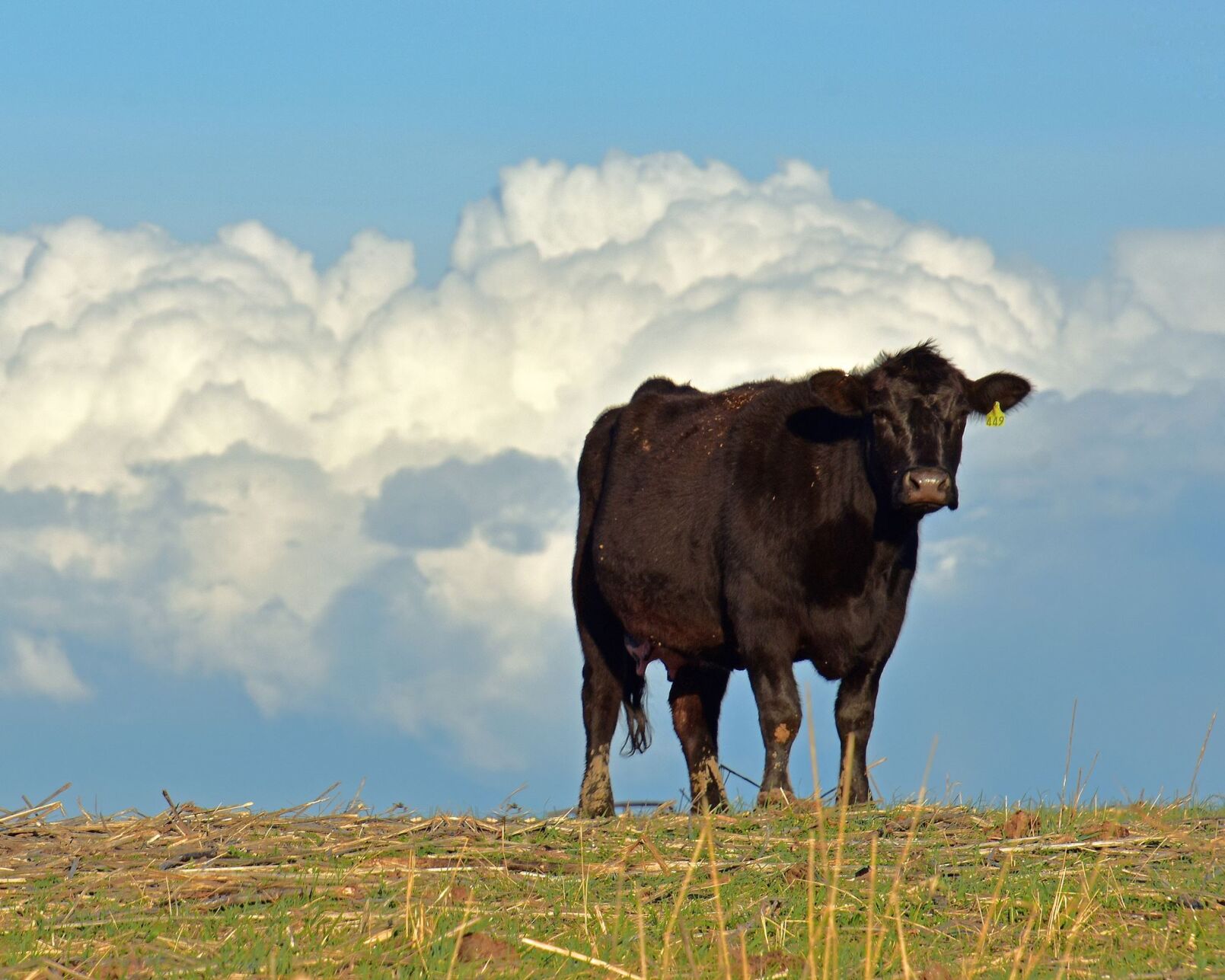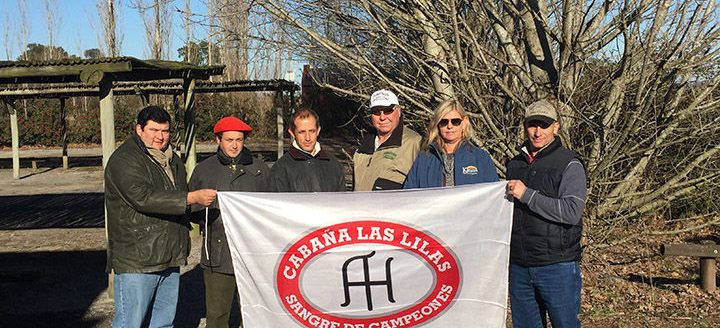Livestock is largest contributor to Kansas’ ag economy

The sixth annual Kansas Governor’s Summit on Agricultural Growth is set for Aug. 26. The summit will celebrate agriculture and feature discussions on ag topics and presentations by influential ag leaders. The virtual event will also include updates on specific sectors of Kansas agriculture and discuss outcomes that have been identified for growth.
The Kansas livestock industry is important to the state’s economy and represents a diverse group of farmers, ranchers and agribusinesses.
“Livestock production is the largest contributor to the agriculture industry in Kansas,” according to KDA’s animal health sector report.
Ahead of the Aug. 26 virtual event, the 2021 summit has held sessions dedicated to discussing specific livestock industry segments, including the beef, dairy, equine, pork, poultry, and specialty livestock sectors.
KDA reports that beef is the largest agricultural sector in Kansas, and the state ranks third for the largest number of ranches and feedyards—6.5 million head as of Jan. 1. In addition, exports of beef and beef products from Kansas totaled over $1.4 billion—ranked first among states. Beef and beef product exports from Kansas also accounted for between 17% and 19% of total U.S. beef exports for each of the last five years.
“The success of the Kansas beef cattle industry has not come without significant challenges, though,” KDA’s beef sector report noted. “Volatile markets, regulatory challenges, weather extremes and natural disasters, and a growing number of anti-agriculture and anti-meat activists spreading false information regarding cattle production practices and beef nutrition can make it difficult for the entire beef cattle community.”
KDA has developed detailed reports for each sector that provide the current status and success of each sector, challenges, opportunities for development and growth, as well as outcomes and action items.
Highlights from Kansas livestock sectors
KDA researchers provided the following statistics regarding the financial impact of the livestock industry to Kansas in their sector reports:
Beef—Kansas cattle and calves generated $8.93 billion in cash receipts in 2019, which accounted for 55% of Kansas agricultural cash receipts. The beef cattle sector represents $8.8 billion in output and 37,382 jobs, and the total impact of the sector on the Kansas economy reaches $14.8 billion in output and 66,789 jobs.
Pork—The estimated direct impact of the pork industry is $500.5 million in output and 2,836 jobs. Including indirect and induced effects, the total impact of the industry on the Kansas economy reaches $725.4 million in output and 3,993 jobs.
Dairy—Ranked 16th for milk production, Kansas is one of the fastest growing dairy regions in the U.S. in terms of milk production, though water rights remain a challenge. The estimated direct impact of the dairy cattle and milk production sector is $696.5 million in output and 1,026 jobs. Including indirect and induced effects, the total impact of the sector on the Kansas economy reaches $1.4 billion in output and 4,018 jobs.
Poultry—The estimated direct impact of the poultry and egg production and poultry processing sectors is $121.3 million in output and 226 jobs. Including indirect and induced effects, the total impact of the sectors on the Kansas economy reaches $209.3 million in output and 585 jobs.
Equine—Consistent data is limited for Kansas equine, but in 2020 Kansas had a registered horse population in excess of 70,000, while equine sales reached over $11.5 million in 2017.
Specialty Livestock—Kansas ranks 10th in bison inventory for the U.S. The state ranks 12th and 14th in the nation in meat goat and market sheep inventory, respectively.
For more information or to register for the Ag Growth Summit, visit www.agriculture.ks.gov/Summit.
Shauna Rumbaugh can be reached at 620-227-1805 or [email protected].


